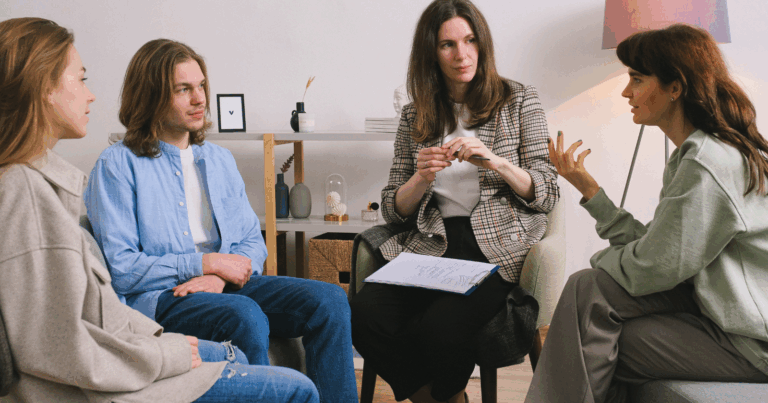Recovery from addiction or mental health disorders isn’t just an individual journey—it’s a family journey. One of the most overlooked yet essential elements in long-term recovery is family involvement through structured therapy sessions. Family sessions in the recovery process create a supportive environment, facilitate healing, and empower everyone affected by addiction to move forward together.
In this post, we’ll explore why family therapy in addiction recovery is vital, how it benefits everyone involved, and what to expect from these sessions.
What Are Family Sessions in the Recovery Process?
Family sessions, often facilitated by licensed therapists or counselors, are structured meetings that bring together the person in recovery and their family members. These sessions aim to:
- Open lines of communication
- Address patterns of enabling or codependency
- Heal emotional wounds
- Educate families on the nature of addiction and mental health issues
Family sessions are often part of comprehensive treatment programs, including residential treatment, outpatient services, and aftercare planning.
Why Family Support During Recovery Matters
1. Addiction Impacts the Entire Family
Addiction and mental health disorders are not isolated conditions. They create ripple effects that strain relationships, break trust, and foster emotional distress. Family members often experience:
-
Chronic stress and anxiety
-
Feelings of guilt, shame, or helplessness
-
Financial or legal troubles
-
Emotional exhaustion
By including the family in the recovery process, treatment becomes more holistic and addresses the systemic nature of the problem, rather than focusing solely on the individual.
2. Recovery Requires a Supportive Environment
Sustainable recovery doesn’t happen in a vacuum. Even with intensive therapy, relapse is more likely without a strong support network. Family members who understand addiction and know how to respond appropriately can:
-
Encourage healthy routines
-
Hold the person in recovery accountable
-
Recognize early signs of relapse
-
Reinforce the coping tools learned in treatment
3. Improved Communication and Conflict Resolution
Many families suffer from dysfunctional communication patterns, which can either contribute to substance use or hinder recovery. Family sessions teach essential skills such as:
-
Active listening
-
Setting healthy boundaries
-
Expressing emotions without blame
-
Managing conflict constructively
Key Benefits of Family Sessions in Rehab
Incorporating family sessions in rehab provides mutual healing and understanding for everyone involved. Here are the most impactful benefits:
1. Repairing Damaged Relationships
Addiction often leads to broken trust, resentment, and emotional distance. Therapy provides a safe space for:
-
Apologies and forgiveness
-
Understanding the root causes of past behavior
-
Rebuilding trust over time
2. Educating the Family on Addiction and Mental Health
Many families lack accurate information about what their loved one is experiencing. Family sessions often include psychoeducation, covering topics like:
-
The disease model of addiction
-
Common triggers and relapse warning signs
-
The difference between support and enabling
-
How mental health disorders manifest
3. Reducing Shame and Isolation
When families work together in recovery, it destigmatizes addiction and mental illness. It reinforces that the person is not alone, which can be incredibly motivating and affirming during the most vulnerable stages of healing.
4. Encouraging Long-Term Success
When families work together in recovery, it destigmatizes addiction and mental illness. It reinforces that the person is not alone, which can be incredibly motivating and affirming during the most vulnerable stages of healing.
Types of Family Sessions and Therapies
Family therapy isn’t one-size-fits-all. Depending on the clinical approach and individual needs, these sessions may vary in structure and frequency. Common models include:
1. Structural Family Therapy
Focuses on family hierarchies and roles, helping families restructure interactions to support healthier dynamics.
2. Multidimensional Family Therapy (MDFT)
Common in adolescent treatment settings, MDFT targets substance use, emotional regulation, and family communication across multiple domains.
3. Behavioral Couples Therapy
In cases involving partners, this model promotes sobriety-supportive behaviors, joint goal-setting, and mutual accountability.
4. Psychoeducational Workshops
These group sessions educate multiple families simultaneously about addiction, mental health, and recovery strategies, creating a sense of community support.
What to Expect in a Family Therapy Session
Understanding the format of family sessions can ease anxiety and encourage participation. While sessions may vary by provider, here’s a general overview of what you can expect:
First Session
-
Setting expectations and goals
-
Discussing the family’s history and dynamics
-
Clarifying the roles each family member plays in recovery
Ongoing Sessions
-
Addressing communication breakdowns
-
Processing difficult emotions like anger or guilt
-
Learning how to set and respect boundaries
-
Discussing progress, challenges, and next steps
Sessions are often guided by a neutral therapist, ensuring that all voices are heard and that the space remains safe and respectful.
How to Encourage Family Participation
Getting everyone on board isn’t always easy. Some family members may feel angry, burned out, or skeptical. Here are ways to gently encourage participation:
-
Emphasize the goal: Frame therapy as a tool for family healing, not just fixing the individual.
-
Start with education: Invite family members to attend workshops or read educational resources.
-
Acknowledge the pain: Validate that everyone has been affected and deserves support.
-
Make it easy: Offer remote sessions or flexible scheduling when possible.
Many facilities also offer family weekends or family visitation days, where loved ones can meet with professional interventionists and attend group sessions to get more involved.
Supporting Your Loved One Outside of Therapy
Family sessions are just one part of the puzzle. True healing comes from consistent, compassionate, and informed support. Here are ongoing ways to help a loved one in recovery:
-
Respect boundaries and avoid controlling behavior
-
Celebrate milestones, no matter how small
-
Avoid triggers by maintaining a sober-friendly environment
-
Attend your own therapy or support group, such as Al-Anon or Families Anonymous
-
Stay patient—relapse may occur, but recovery is a lifelong journey
When Family Involvement Isn’t an Option
While family participation is ideal, it’s not always possible. In cases of estrangement, trauma, or abuse, treatment centers may explore alternative forms of support, such as:
-
Peer support groups
-
Therapeutic mentorship
-
Group therapy communities
-
Trauma-informed individual therapy
In these situations, the individual can still build meaningful connections and learn healthy interpersonal skills.
Family Sessions Are a Cornerstone of Holistic Recovery
Family therapy in addiction recovery is far more than a courtesy—it’s a critical component of long-term success. When families engage in the recovery journey, they not only help their loved one heal but also undergo their own powerful transformation.
Whether you’re just beginning treatment or navigating life in long-term recovery, investing in family support during recovery creates a foundation for stronger relationships, better outcomes, and lasting change.
Ready to Begin Healing Together?
If you or a loved one is navigating addiction or mental health challenges, we’re here to help. Our programs offer comprehensive family sessions, education, and support to empower your entire family on the path to healing.
Contact us today to learn more about our treatment options and how we can support you on your journey.






